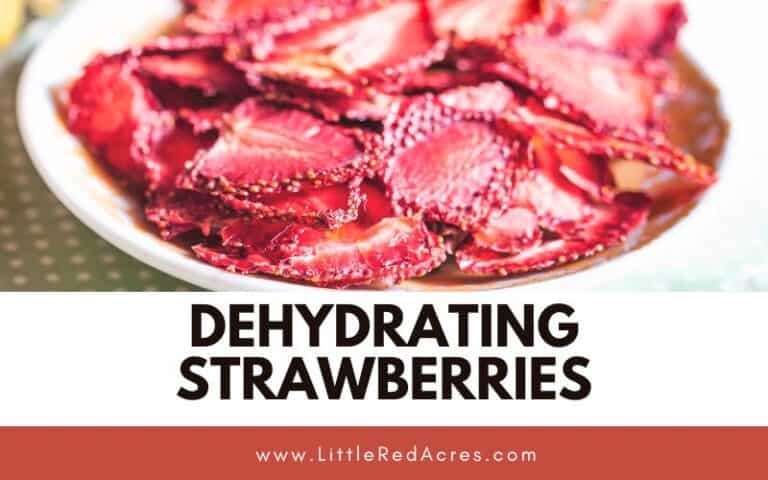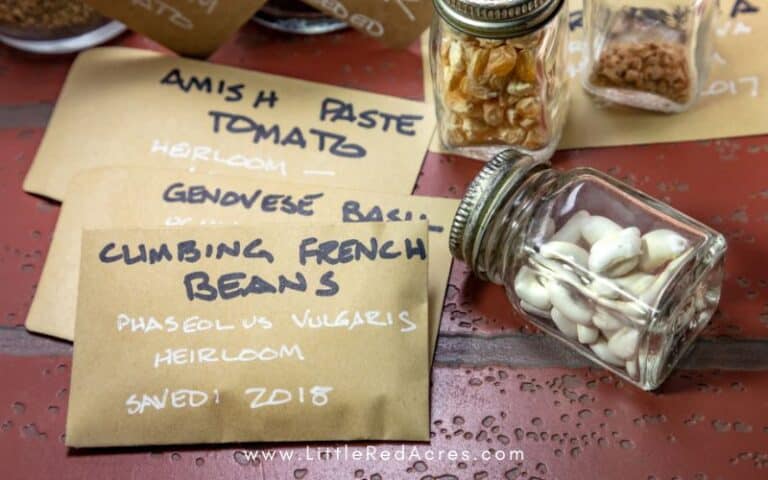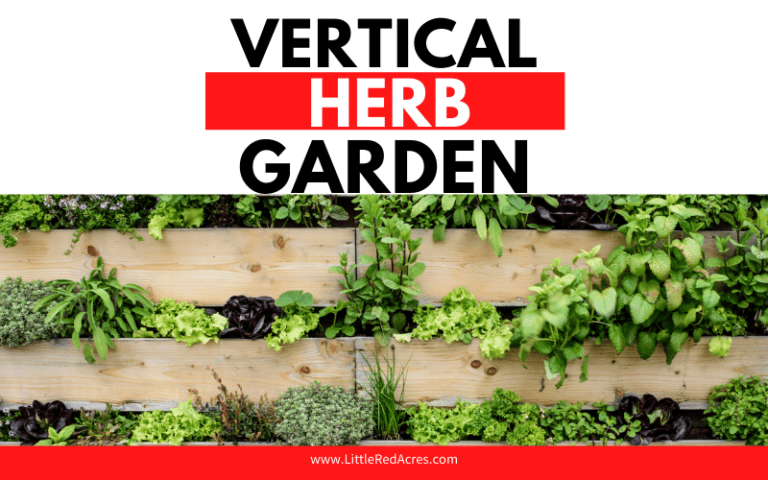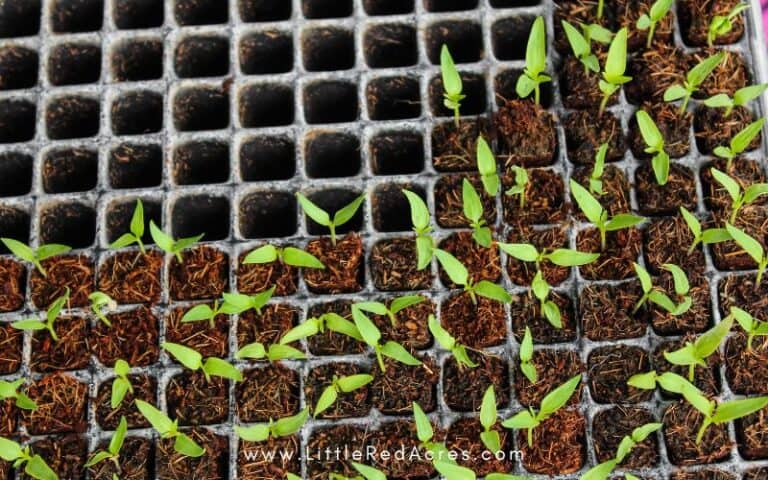Why Dehydrated Vegetable Keeps Better
The dehydrated vegetable is a great way to keep your produce fresh for a longer period of time. The dehydration process removes the water from the vegetable, which kills any bacteria or fungus that may be present, allowing you to keep your fresh food longer.
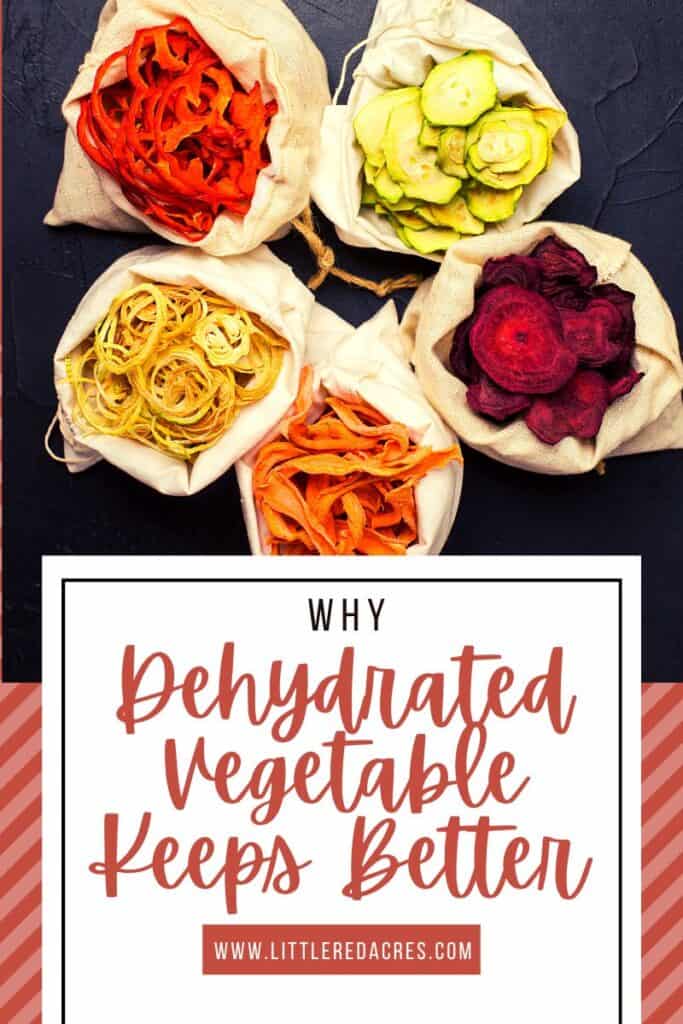
This post may contain affiliate links, see my disclosure policy for more information.
Why Dehydrated Vegetable Keeps Better
If you've grown up around canned goods and other wet-storage items, you're more than accustomed to refrigerating fairly much everything after you open it.
If you don't know why it is because mold and mildew that makes food inedible thrive in moisture, but not in cold. The fridge offers a safe, cold place that allows your food to rot a bit slower, in other words, and blocks mildew from reaching your food with the regular circulation of air.
Any dehydrated vegetable, however, is a completely different animal.
In their original storage bin, they can keep for good for decades. They generally only contain three or four percent moisture, which isn't nearly enough for mold and mildew to subsist.
It makes your foods inedible to microscopic life, while still leaving it more than nutritious enough for you and your family.
If you're the type that pulls a lot of their hydration from food, however, be prepared to start drinking a lot more water if you switch over to dehydrated goods. You'd be surprised how much of your necessary, daily moisture is pulled out of food.
Any dehydrated vegetable, aside from being able to resist local microscopic life, has the added advantages of low weight and volume. This means that the food is both more compact, and thus has more helpings per serving and that it costs less to transport.
They also retain more of their nutrients than canned and frozen variants.

Rehydrating Vegetables for Use
The downside is that a dehydrated vegetable takes more time to prepare, you have to rehydrate a dehydrated vegetable before it is edible. But it really doesn't take that long to do so.
All you need to do is add hot water to rehydrate them! Peppers for example are great to add to soups, stews, pasta, or easy camping meals.
Dehydrated Vegetable Storage
Unless you have another airtight container to put them in, such as a plastic bag with a zipper on top, and dehydrated vegetables will slowly take on moisture from the air until they again become susceptible to mold and mildew.
This process, fortunately, takes several months, unless you live in a very humid climate. Mason jars are our preferred storage containers for our dehydrated foods.


